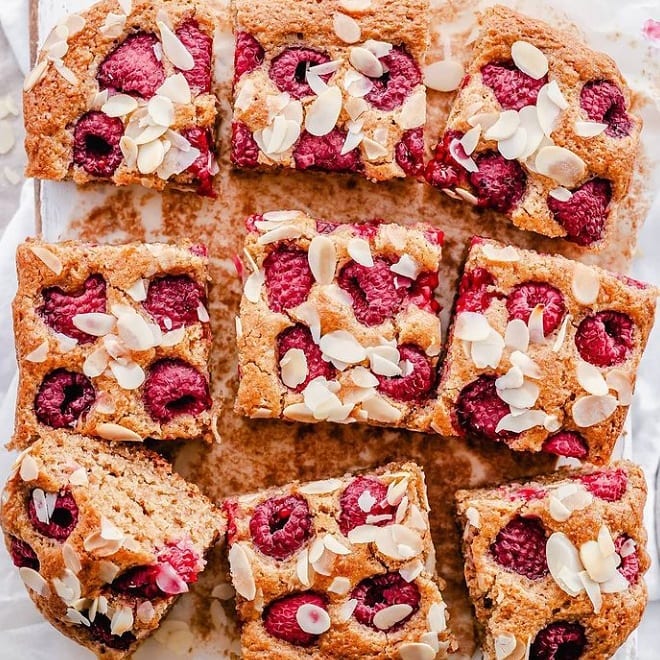Who knew that having two smoothies per day could bring so many health benefits?! And in ONLY 21 DAYS!! 🙌
So, how does it work? Check the link and take the ➡️ “21 smoothie diet challenge”
Iron is an essential mineral that plays a crucial role in various bodily functions, including the production of hemoglobin, which transports oxygen in the blood. For those following a vegan diet, ensuring adequate iron intake can sometimes be challenging, as plant-ba
Omega-3 fatty acids are crucial for maintaining heart health, reducing inflammation, and supporting brain function. While they are commonly associated with fish and seafood, there are plenty of plant-based sources that provide these essential nutrients. For vegans, incorporating these sources into the diet is important to ensure adequate omega-3 intake. Here are six excellent vegan sources of omega-3 fatty acids.
1. Walnuts
Walnuts are a convenient and tasty source of omega-3 fatty acids. They can be eaten on their own as a snack, added to salads, or incorporated into baked goods. In addition to omega-3s, walnuts are rich in antioxidants, vitamin E, and healthy fats, making them a nutritious choice for overall health.
2. Chia Seeds
Chia seeds are a powerhouse of nutrition and an excellent source of omega-3 fatty acids. These tiny seeds can be easily added to smoothies, yogurt, oatmeal, or baked goods. They also form a gel-like consistency when mixed with liquid, making them a great ingredient for vegan puddings and egg substitutes in recipes.
3. Tofu
Tofu, made from soybeans, is a versatile and protein-rich food that also provides a good amount of omega-3 fatty acids. It can be used in a variety of dishes, from stir-fries to desserts, and is an excellent meat substitute for those following a vegan diet. Tofu also offers other essential nutrients like calcium and iron.
4. Hemp Seeds
Hemp seeds are another excellent source of omega-3 fatty acids, as well as protein and magnesium. They have a mild, nutty flavor and can be sprinkled on salads, blended into smoothies, or incorporated into baking. Hemp seeds are also known for their balanced ratio of omega-3 to omega-6 fatty acids, which is beneficial for reducing inflammation in the body.
5. Soybeans
Soybeans, whether in their whole form or processed into products like soy milk and tempeh, are a great source of omega-3 fatty acids. Soybeans are also rich in protein and provide a variety of vitamins and minerals. Including soybeans in your diet can help ensure you receive a comprehensive array of nutrients essential for good health.
6. Edamame
Edamame, which are young, green soybeans, are not only a tasty snack but also a good source of omega-3 fatty acids. They can be eaten on their own, added to salads, or mixed into stir-fries. Edamame is also high in protein, fiber, and essential nutrients, making it a healthy addition to any vegan diet.
Tips for Maximizing Omega-3 Intake
To make sure you’re getting enough omega-3 fatty acids, consider the following tips:
- Incorporate Variety: Include a variety of omega-3-rich foods in your diet to ensure you get a well-rounded intake of this essential nutrient.
- Use Omega-3 Fortified Foods: Some plant-based milks, juices, and other products are fortified with omega-3s. Check the labels for added benefits.
- Consider Supplements: If you find it challenging to get enough omega-3s from food alone, consider taking an algae-based omega-3 supplement, which is a vegan-friendly alternative to fish oil supplements.
Conclusion
Ensuring adequate omega-3 intake is important for vegans and can be easily achieved by incorporating a variety of plant-based sources into your diet. Walnuts, chia seeds, tofu, hemp seeds, soybeans, and edamame are all excellent choices that provide not only omega-3 fatty acids but also a range of other essential nutrients. By including these foods regularly, you can support your overall health and well-being while following a vegan lifestyle.
sed iron (non-heme iron) is not as readily absorbed by the body as the heme iron found in animal products. However, with careful planning and knowledge of iron-rich foods, vegans can meet their iron needs effectively. Here are six excellent vegan sources of iron to incorporate into your diet.
1. Dark Leafy Greens
Dark leafy greens, such as spinach, kale, and Swiss chard, are excellent sources of iron. These greens are not only rich in iron but also packed with vitamins and minerals that support overall health. For better iron absorption, pair these greens with a source of vitamin C, such as lemon juice or bell peppers.
2. Dark Chocolate
A delightful and somewhat surprising source of iron is dark chocolate. High-quality dark chocolate, with a cocoa content of 70% or more, contains a significant amount of iron. Additionally, dark chocolate provides antioxidants and has been linked to various health benefits. Enjoy it in moderation as a tasty and nutritious treat.
3. Sweet Potatoes
Sweet potatoes are not only delicious but also a good source of iron. These versatile tubers can be baked, mashed, or roasted and added to various dishes. Sweet potatoes are also rich in vitamin A, which supports immune function and vision.
4. Tofu
Tofu, made from soybeans, is a staple in many vegan diets and a great source of iron. It is incredibly versatile and can be used in a variety of dishes, from stir-fries to smoothies. Tofu also provides a good amount of protein and calcium, making it a valuable addition to a balanced vegan diet.
5. Peas
Peas, including green peas, split peas, and chickpeas, are rich in iron and protein. They can be added to soups, stews, salads, and even made into spreads like hummus. Peas are also a good source of fiber, which aids in digestion and helps maintain healthy blood sugar levels.
6. Beans
Beans, such as black beans, kidney beans, and lentils, are excellent sources of iron and a cornerstone of many vegan diets. They are highly versatile and can be used in a wide range of dishes, from soups and stews to salads and burritos. Beans are also rich in protein and fiber, contributing to overall health and satiety.
Tips for Maximizing Iron Absorption
To enhance the absorption of non-heme iron from plant-based sources, consider the following tips:
- Pair with Vitamin C: Consuming vitamin C-rich foods alongside iron-rich foods can significantly increase iron absorption. Examples include adding citrus fruits, bell peppers, or tomatoes to meals.
- Avoid Inhibitors: Certain compounds can inhibit iron absorption, such as tannins in tea and coffee, and calcium in dairy products. Try to consume these items separately from iron-rich meals.
- Cook in Cast Iron: Cooking in cast iron cookware can increase the iron content of your food, particularly with acidic foods like tomatoes.
Conclusion
A well-planned vegan diet can provide all the iron your body needs. By incorporating a variety of iron-rich foods, such as dark leafy greens, dark chocolate, sweet potatoes, tofu, peas, and beans, you can ensure adequate iron intake and support your overall health. Remember to pair these foods with vitamin C sources and be mindful of iron absorption inhibitors to maximize the benefits of your diet.

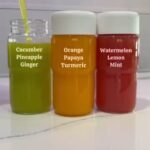

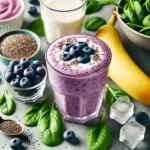
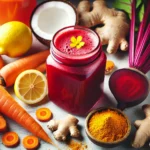
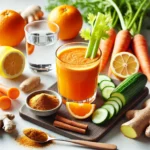
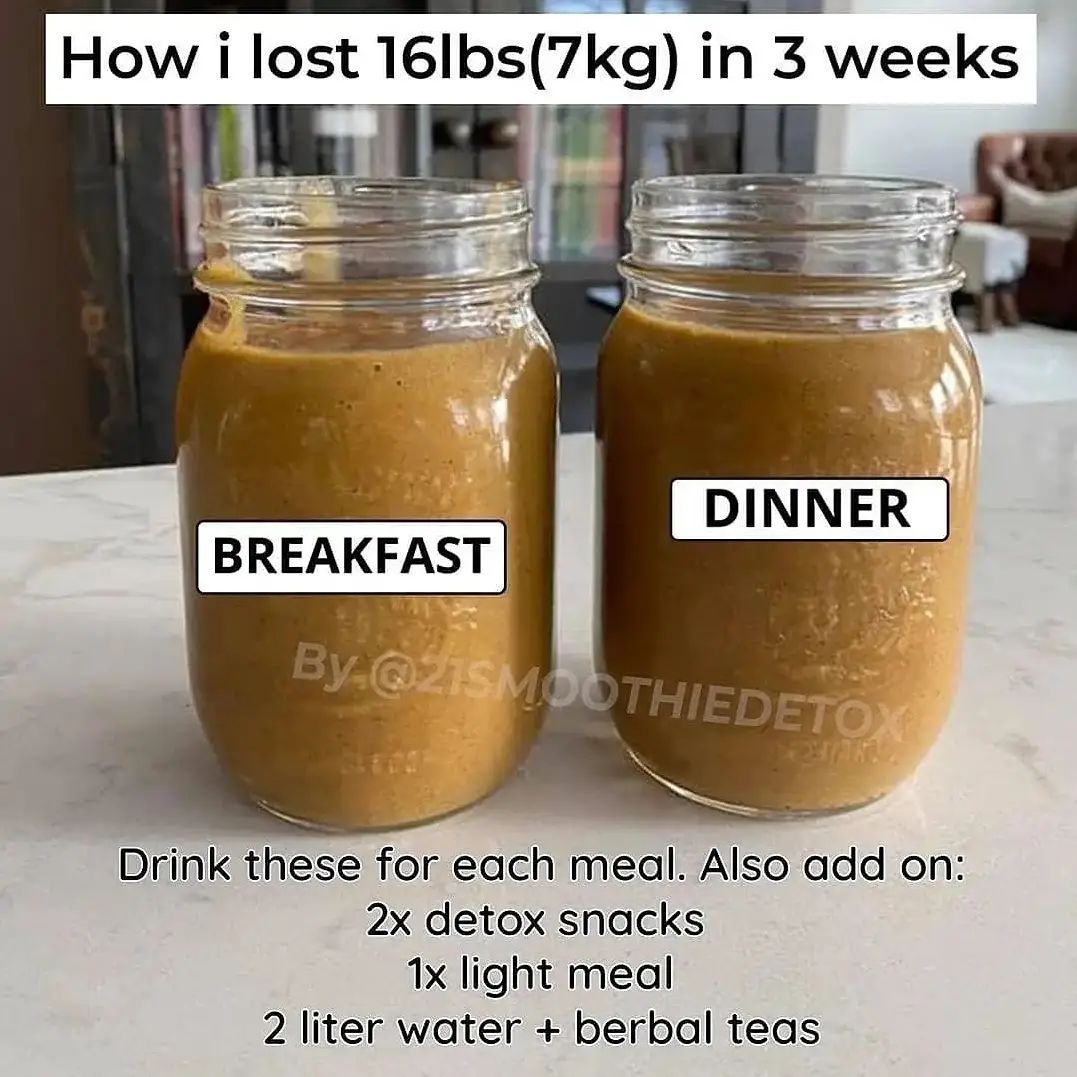
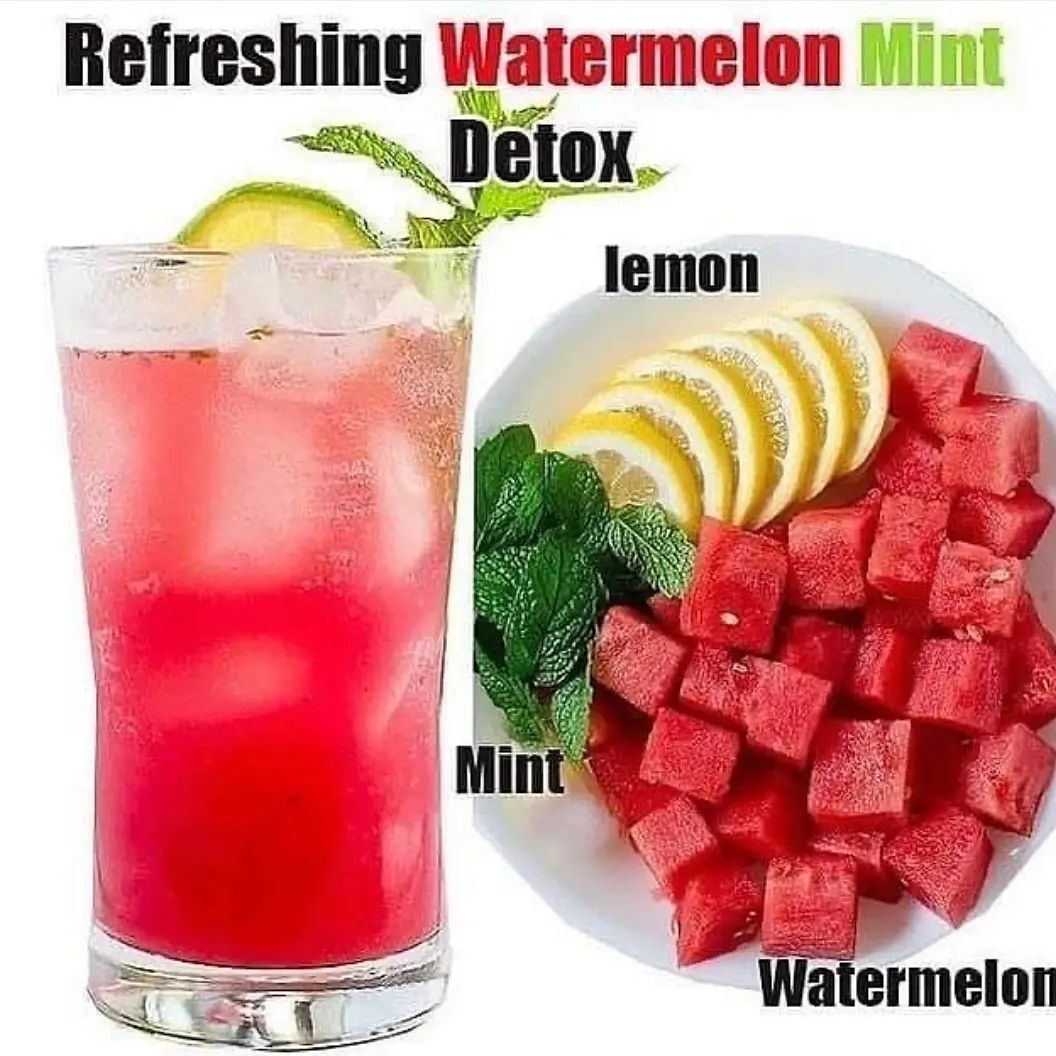
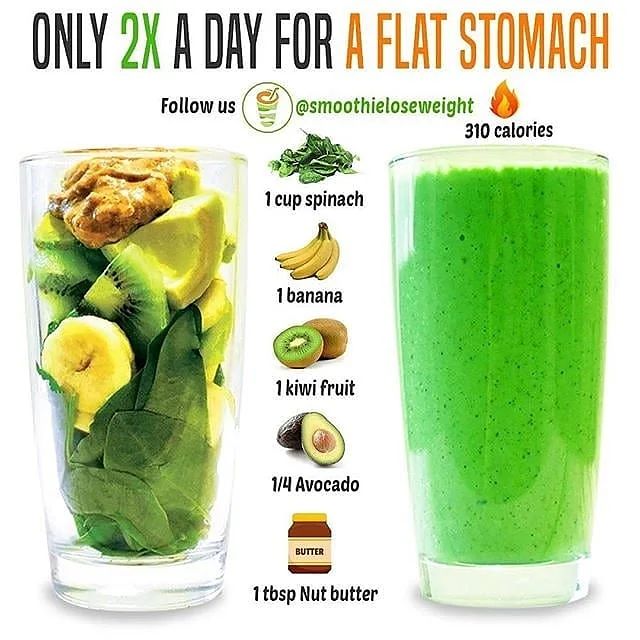
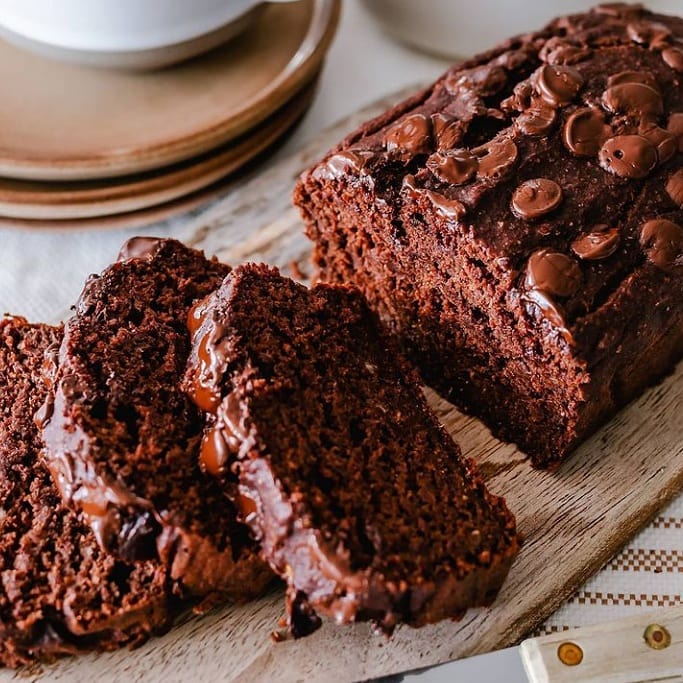
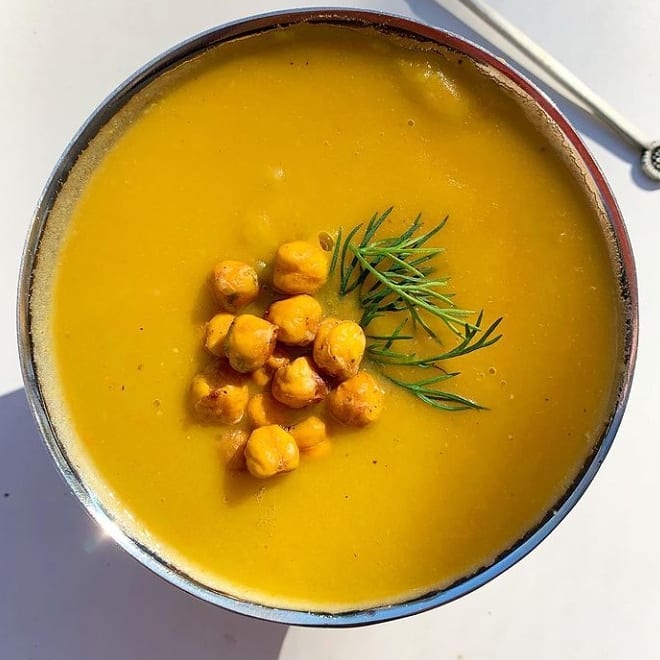
![Follow @conveganence for daily vegan recipes!
•
Recipe (yields 2-3 servings)
🌱Ingredients
- 1 small head cauliflower, wash & cut into florets & pat dry with paper towels
- 1 small green bell pepper, cubed
- 1/2 small red onion, cubed
- 2 cloves garlic - sliced
- 1/4 cup [40g] dry roasted cashews
- 4 dried Thai chilis/red chilis, softened in hot water & drained
- oil for frying & cooking
🌱Batter
- 3/4 cup [96g] all-purpose flour
- 1/2 - 3/4 cup ice-cold water
- 1/4 teaspoon salt
- a few shakes of white pepper
🌱Sauce Mix together 2 tablespoons soy sauce/tamari, 1/2 tablespoon thick dark soy sauce (for color), 1/2 tablespoon sugar & 3 tablespoons Chinese cooking wine/sherry/broth in a bowl & set aside.
✅Place batter ingredients in a large mixing bowl & stir to combine. The batter should be thick like a pancake batter.
✅Dredge florets in batter, shake off excess & fry until golden brown (temperature 375F/190°C & I used a small saucepan). Then drain on paper towels.
✅Alternatively, grease a baking sheet pan with oil, place coated florets on the pan. Brush florets with oil & bake at 485F/
250°C until light golden brown for about 20-25 mins, be sure to flip halfway. For the last few minutes, broil to get a crispier ure (oven time varies)
✅To make the sauce, in a heated non-stick pan with 2 teaspoons oil, sauté onion until translucent. Then add garlic, bell pepper, chili & continue to sauté until fragrant. Slowly pour in the sauce & cook to reduce it slightly. Please adjust the sauce based on the cauliflower's size.
✅Finally, add the cauliflower florets, cashews & quickly toss them with the sauce until all incorporated. Serve with rice for a delicious meal.
*Please be sure to dry florets well before coating or the liquid will slowly thin down
#veganfollowback #veganscotland #scottishvegans #veganig #veganinstaclub #glasgowvegan #scottishvegan #scottishfood #scottishfoodie #glasgowfoodie #scottishfood #glasgowvegan #veganglasgow #naturalprotein #vegetarianbreakfast #breakfasttoast #veganfryup](https://conveganence.com/wp-content/uploads/2021/01/131936854_109446914286957_7383745306959709095_n.jpg)


